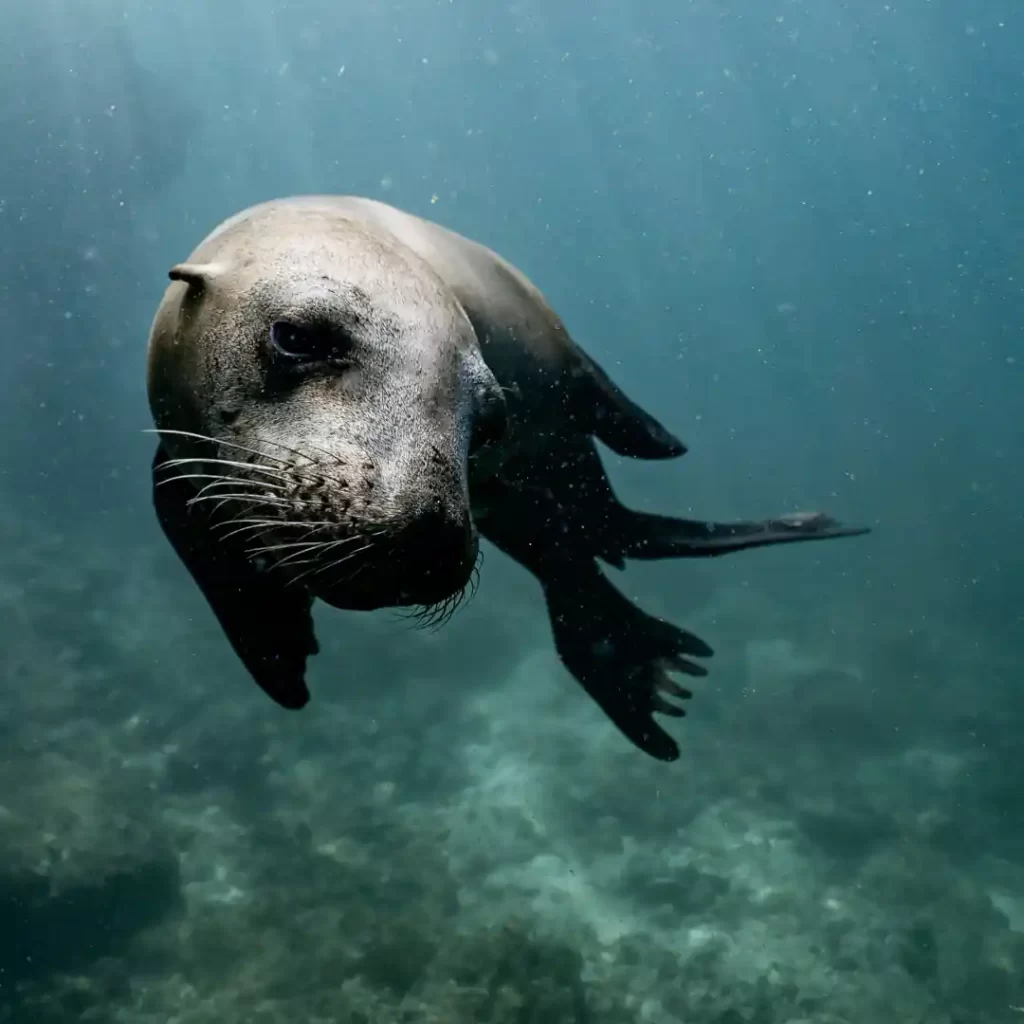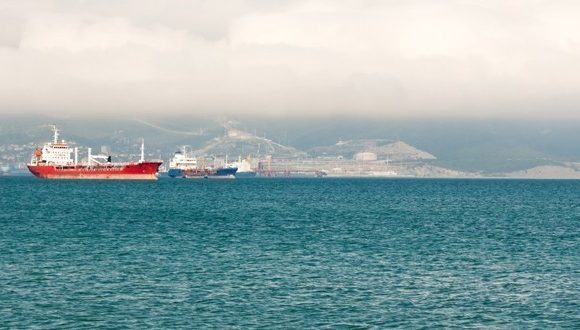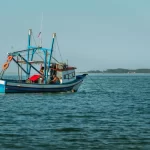Marine mammals: challenges and protection
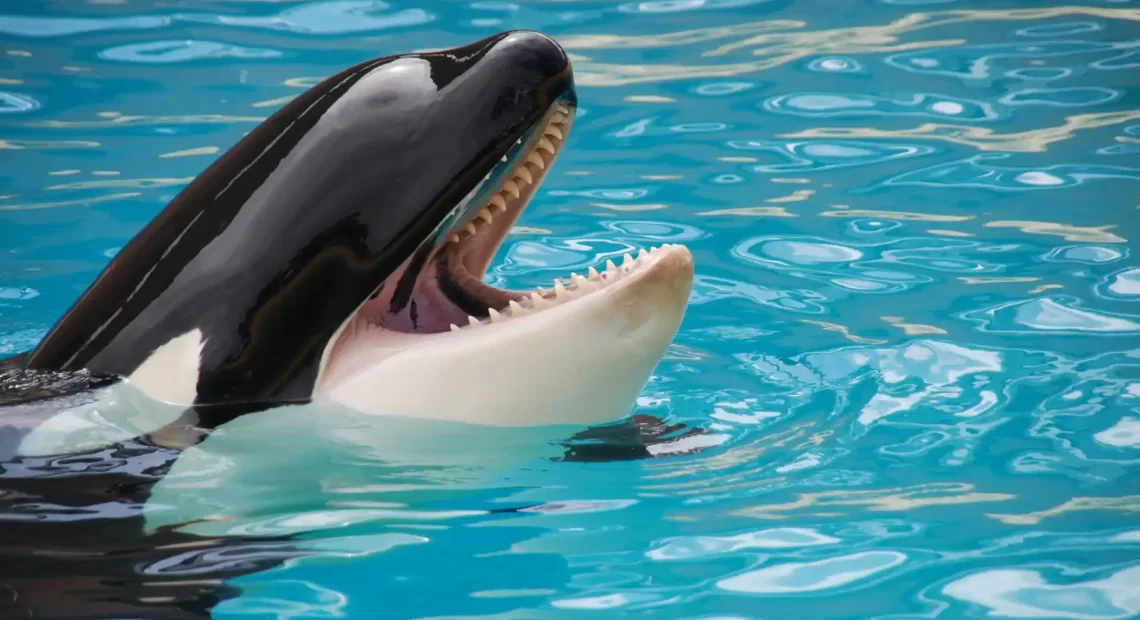
Dolphins, seals, walruses, whales – marine mammals come in different shapes and sizes yet share common traits. These remarkable creatures inhabit vast expanses of oceans around the globe but are exposed to numerous dangers that threaten their survival – ranging from illegal hunting practices to changing ocean temperatures due to climate change.
Whales and dolphins
It’s hard not to be awestruck by whales – the planet’s largest animals and a true marvel of evolution. Whether you’re observing graceful blue whales migrating across thousands of miles or playful humpbacks breaching with acrobatic precision near your boat – seeing these magnificent creatures up close is something truly awe-inspiring.
Yet beyond their physical beauty lie extraordinary behaviour patterns like complex communication systems held together by unique vocalisations or team hunting strategies honed over millions of years.
Did you know that there are two types of whales? Baleen whales, like humpbacks and blues, use their long baleen plates to filter small organisms such as krill from the water, while toothed whales like killer or sperm whales hunt larger prey using their teeth. These creatures are some of the loudest on Earth! Communicating over hundreds of miles is second nature to whales, and researchers assert that this ability helps the sea giants locate their next meal.
Experts believe that such an extraordinary skill enables these master communicators to connect with each other in their vast marine habitat.
Another example – to avoid drowning during sleep, dolphins have evolved a fascinating way of resting that’s distinctly different from any other animal on earth. Instead of fully shutting down both halves of their brain at once like humans do when sleeping, they alternate between using one side or the other. By always maintaining consciousness, they can rest assured that sleep will not compromise their safety.
Unfortunately, whales face a multitude of ecological challenges, including habitat loss, overfishing, climate change, and pollution. These factors can have significant impacts on the health and wellbeing of whale populations, as well as their ability to reproduce and survive.
Habitat loss is a major threat to many whale species, particularly those that rely on specific areas for breeding or feeding. Human activities such as coastal development, shipping, and oil and gas exploration can disrupt or destroy whale habitats, reducing the availability of food and increasing the risk of collisions with vessels.
Manatees
Manatees, gentle giants of the sea, possess a unique adaptation that allows them to thrive in their aquatic habitat. These herbivores boast a significant layer of fat which serves multiple functions.
Primarily acting as insulation, keeping manatees warm in cooler waters; secondary benefits include the added ability for propulsion and ease of movement throughout their watery world.
Habitat loss is a major threat to manatees, as they rely on seagrass beds and other shallow-water habitats for food and shelter. Coastal development, dredging, and other human activities can destroy or degrade these habitats, reducing the availability of food and increasing the risk of exposure to predators.
Polar bears
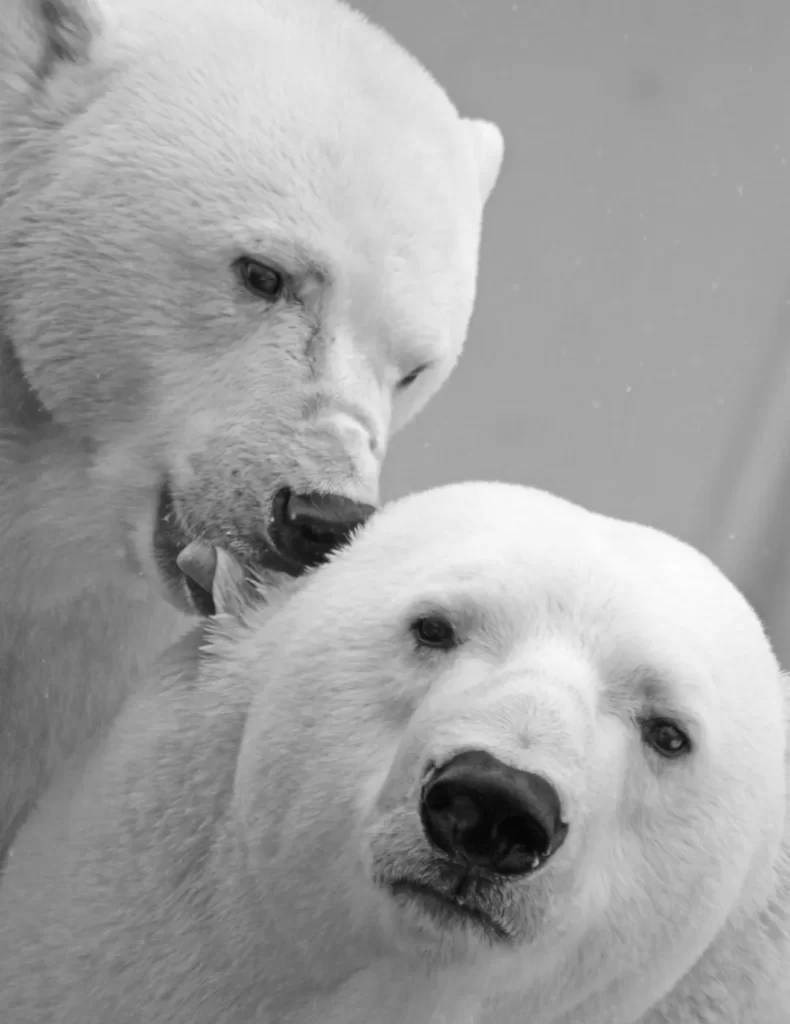
It’s a natural wonder how polar bears — the world’s only land predators adapted to such harsh conditions — make their home on Arctic sea ice and still manage to achieve masterful swimming prowess. And yet this stunning resilience doesn’t necessarily protect them from dangers posed to all marine mammals today.
They face tremendous problems from climate change and warming seas. The loss of sea ice makes it more difficult for polar bears to hunt prey and drives them ashore where they risk conflicts with humans.
Human activities
Human activities such as overexploitation of resources, pollution, and destruction of natural habitats increasingly put marine mammals at risk. Whales and dolphins often get trapped in nets with severe injuries or fatalities resulting from fishermen’s equipment. Plastic waste is not only harmful to the environment, but it is also dangerous for marine mammals that often mistake it for food, which consequently leads to severe illnesses.
Conclusion
One of the most important things we can do to protect marine mammals is to reduce our use of plastics and other harmful materials that end up in the ocean. This can be as simple as using reusable bags and containers instead of single-use plastics, or as complex as pushing for policy changes that restrict the use of harmful materials in manufacturing and packaging.
Another key way to protect marine mammals is to reduce our impact on their habitats. This can mean supporting initiatives to establish marine protected areas where marine mammals can thrive without interference from human activities like shipping and oil drilling. It can also mean working to reduce the amount of noise pollution in the ocean, which can disrupt communication and navigation for whales and other animals.
In addition to these broad strategies, there are a number of specific actions that individuals and organisations can take to help protect marine mammals. These might include supporting research and conservation efforts through donations or volunteer work, participating in citizen science programs that monitor marine mammal populations, and advocating for policies and regulations that protect these animals from harm.
Ultimately, protecting marine mammals requires a collective effort from individuals, organisations, and governments around the world. By reducing our impact on the ocean and supporting the health and well-being of marine mammals, we can help ensure that these fascinating creatures continue to thrive for generations to come.
Resources
Marine Mammal Protection Act Policies, Guidance, and Regulations

